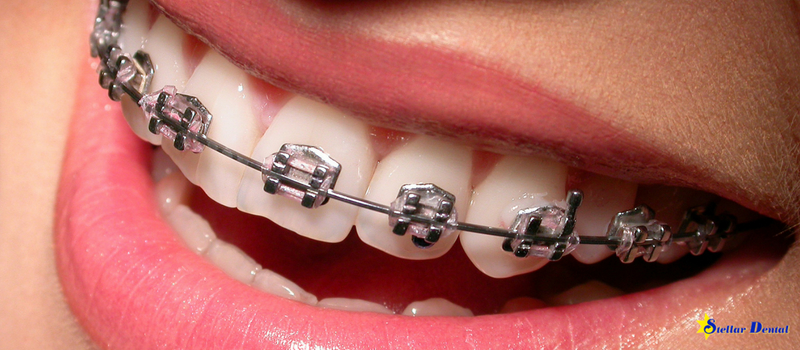Movies and TV shows make dentures look like a moose on the ice, slippery and unstable. Well, let dentures have a moment of your time and they might surprise you! Here are five reasons dentures could be a potential fit for you.
They provide a function with comfort
You know how in rom-com or comedy movies there’s always that one person with dentures that fall out all the time? Funny? Yes. Accurate? No. Today’s dentures are designed to be comfortable with minimal slipping potential, given that they are fitted specifically for you. All while being fully functional during your daily activities!
They have a positive effect on your oral health
They’re functional, comfortable, and more. Not only do dentures restore your chewing and talking abilities, but they even support your facial muscles and bone structure. They also prevent any bone loss or decay from spreading to your jaw or any remaining teeth you may have.
There are different types to choose from
There are three main types of dentures you can choose from based on your needs and the condition of your oral health:
- Partial dentures: this is the best option if you still have some healthy and functional natural teeth left. They’re used to fill in gaps if you have teeth already missing or if you have decayed teeth that need to be removed and replaced.
- Full dentures: if you want a full new set of teeth at an affordable price, full dentures are the way to go. This prosthesis comes as a 2-piece set-top, and bottom.
- Implant-supported dentures: also known as fixed dentures or snap-on dentures, you will basically receive implants or dental bridges before the actual dentures themselves. This will make the dentures even more resistant to sliding than they already are, as well as provide more comfort. And with some types, you’ll still be able to take them off!
They also have a selection of materials!
This is kind of like when you go to the mall and find a really nice dress or shirt that’s available in more than one color. The choices are so similar, yet so different! Well, prepare for more options and decision-making, because you get to pick the materials your dentures are made of!
Dentures are typically made of either porcelain or plastic materials, so your choice depends on whatever you find most aesthetically pleasing and what your dentist feels will provide the best functionality for you.
It’s a cost-effective option
This especially applies if you have natural teeth remaining. You can have that Hollywood smile you’ve been dreaming of and it won’t cost an arm and a leg! It basically depends on how many natural, healthy teeth you have or want to be removed, and if you want implants or not. The ball is in your court!
The bottom line about dentures is that you have lots of options. You can pick the type, material, and cost, all while maintaining the comfort and function you’re looking for.


